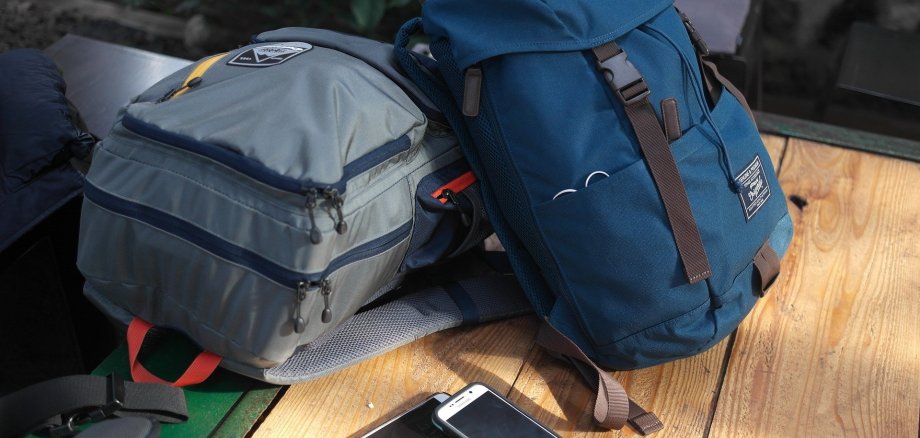Safe holidays: district wants to implement pilot scheme
"It is time to look ahead and show the people in the gastronomy, accommodation and tourism industry a perspective again". With these words, the First District Commissioner of the Waldeck-Frankenberg district Karl-Friedrich Frese explains his initiative "Safe Holidays in Waldeck-Frankenberg". Together with the mayor of Willingen, Thomas Trachte, he has applied to the state of Hesse for recognition of a pilot project.
After a year of the pandemic with lockdowns, contact restrictions and other limitations, it is now time to develop creative concepts to give people hope again. In Frese's opinion, this can be done above all from the grassroots, from the communal level, where one knows the conditions on the ground exactly and is in close exchange with those affected. For this reason, he has had a concept developed that is particularly oriented towards the framework conditions of the Waldeck-Frankenberg holiday region. In a letter to the Prime Minister of Hesse, Volker Bouffier, and the Minister of State for Social Affairs and Integration, Kai Klose, the head of the health department promotes his plans, which he would like to test in a two-month trial phase between mid-April and mid-June.
"With the Diemelsee and Kellerwald-Edersee nature parks and the focal regions of Willingen, Diemelsee, Edersee, Bad Arolsen with Twistesee and Bad Wildungen, the district of Waldeck-Frankenberg is one of the tourism hotspots in Hesse. The tourism industry and infrastructure are correspondingly well-developed," emphasises the First District Councillor in his letter. It is a matter of securing thousands of jobs. The retail trade in the places concerned also suffers from the absence of guests and must also be included.
Positive experiences had already been made in the tourism sector last summer, when many businesses had opened on the basis of detailed hygiene and protection concepts coordinated with the health department. With a pilot project, one is not starting from scratch, but can refer to proven findings. He is convinced that the pilot project will prove that the accommodation sector, gastronomy and leisure facilities can open their doors without having a negative impact on the incidence of infections.
To achieve this, a catalogue of protective measures and, in connection with this, a targeted test strategy were developed. Among other things, the protective measures stipulate that the businesses integrated into the model test may only use a maximum of 75 per cent of their capacities - and this in strict compliance with the applicable Corona regulations. Critical areas such as saunas or swimming pools should be excluded from use. Likewise, there should be no dancing or other large-scale events. Mandatory use of the "Luca App" just introduced in the district is also envisaged. As part of the testing strategy, guests should also present a negative test no more than 24 hours old upon arrival. Self-tests will also be available in all participating establishments. Additional testing points in public areas such as more pharmacies and doctors' surgeries etc. are also part of the concept. Employees in the catering, hotel and leisure sectors are also to undergo a rapid test every three days.
"The implementation of the pilot project will also involve intensive contact follow-up as well as monitoring of the framework conditions and the documentation and communication of the insights gained," the First District Commissioner assures further. A detailed final report for the concept could then form the basis for further opening offers in other regions of the country as well.
Frese appeals to the Hessian state government to open up prospects for the beleaguered tourism industry and retail trade. People could no longer understand the sense of bans and restrictions. They need hope and goals that are worth working for. It is now the task of politics to set clear and motivating signals for the future.
